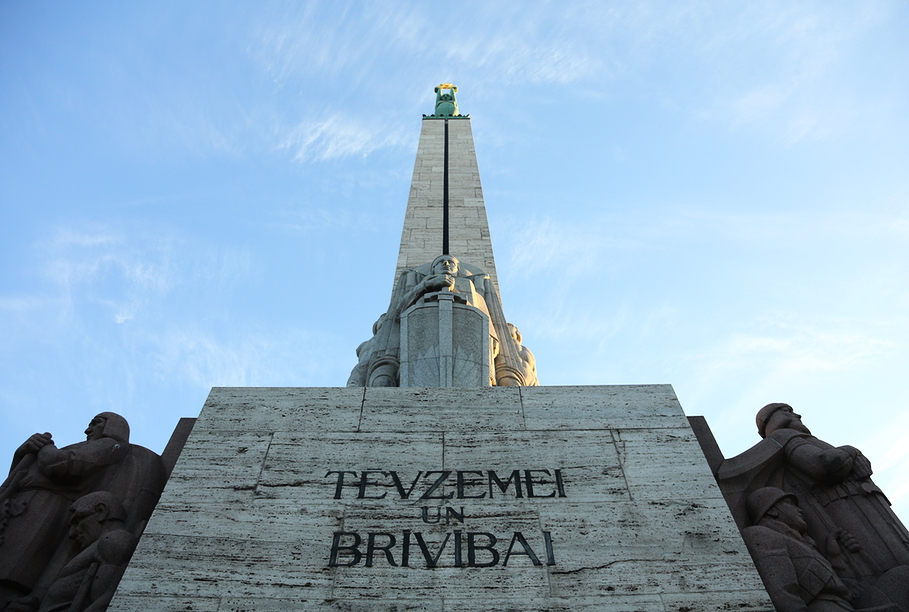Titled How Democratic Is Latvia? the research assesses democracy in Latvia over the ten-year period spent as a member state of NATO and the European Union.
''Today it is obvious that both international organizations played a decisive role in the democratization of Latvia’s society; this was most explicit when Latvia was still a candidate state and diligently working on implementing Western partners’ recommendations for improving democratic institutions and procedures,'' Rozenvalds says in his introductory comments.
''Continuous progress'' is being made in achieving greater openness on the part of legislators, government and public authorities towards society and the population ''does not encounter unreasonable restrictions in terms of freedom of assembly and expressing their opinions.'' the report says.
''Latvia has made significant investments during the recent years in strengthening the formal and institutional framework of its democracy as well as in strengthening the judicial system and the rule of law. However, there is still much room for growth. Certain shortcomings existing in the legislation enable political parties to circumvent the restrictions of activity set forth in laws using other organizations for purely political purposes. Unlawful aiding of political parties from abroad has not been eliminated. Police brutality against detainees and non-compliant conditions in outdated penal institutions are still current issues. Latvia still has not established an independent state authority for monitoring enforcement institutions and eliminating potential human rights violations within these institutions. The inability to litigate complicated criminal actions on corruption within a reasonable timeframe undermines the prestige of enforcement institutions,'' the research says.
Attention is also drawn towards the fact that ''Uncertainty about the funding mechanism in the healthcare system has persisted for a catastrophic length of time amongst both population and healthcare professionals.''
Of particular concern is a situation in which ''alienation between the holders of power and the general public still exists. Estrangement from democratic institutions is increasing in a significant part of the society. Participation in elections has decreased notably. This, in turn, gives rise to the question of the level of legitimacy of the political regime existing in Latvia.''
There's plenty more to digest over the report's 300-plus pages which should be required reading for English-speaking policymakers and NGOs with an interest in a broad range of social and political areas. The full report can be viewed here.


























